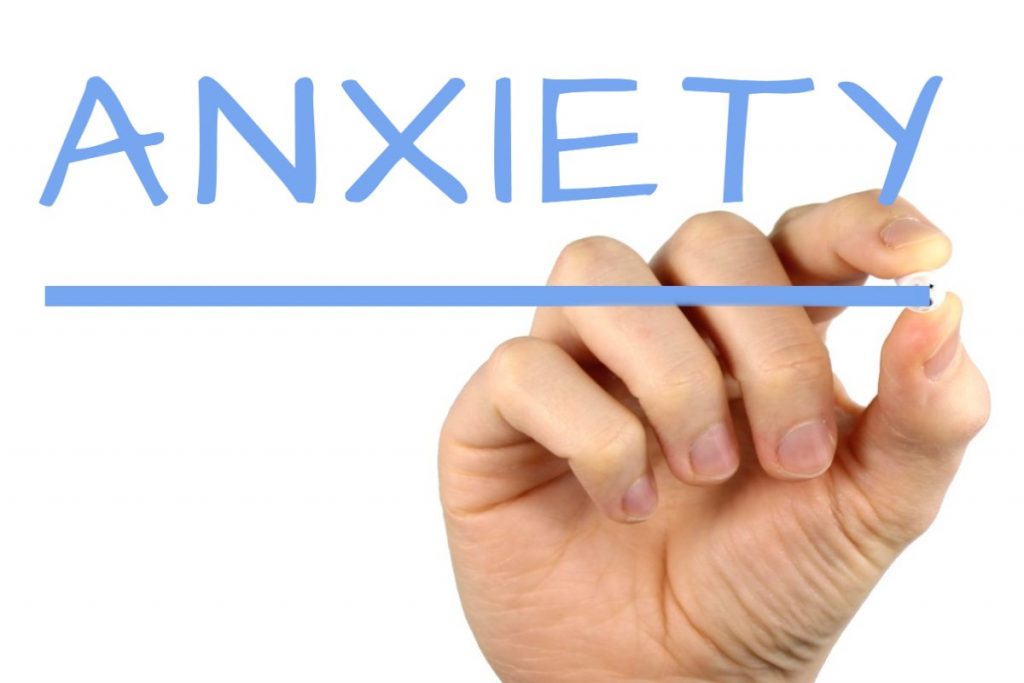#TheDiaryOfASocialWorker – 6
In this week’s column, Sreepriya focuses on the importance of expressing emotions, and how it affects your mental health, using case studies in ‘anger’ and ‘anxiety’.
“You are settling for a job that pays you peanuts in today’s world? How do you think you’re going to pay for your needs? How will you survive? Is this the best you can do? You deserve better!”
Do these voices in your head sound familiar? Are they yours?
The fear of the unknown and of unpredictability is palpable in today’s world. Fear, sadness, jealousy, surprise, love, peace, anger, joy, and disgust are some of the most powerful human emotions. They are broad categories, but everyone experiences them intensely, and often in varying combinations at the same time.
Emotional expression is extremely important. We, in our public and private lives, have mastered the art of hiding them or postponing the experience of them until we are in a safe space. But what usually happens is that the safe space is too far away (literally and metaphorically), and by the time you’re there, it is too late.
The suppressed emotion has reached a fevered pitch. Why does this happen? Usually, being authentic all the time is something we stop believing in during adolescence. We have experienced social judgment too many times, and we start valuing it more than our own interpretations of what we want, feel or think.
The Perks Of Participation

Anxiety is not always rational, and to illustrate my point, I’ve borrowed an anecdote from ‘The Perks Of Being A Wallflower.”
Charlie knew all the right answers but was afraid that if he did say them out loud, he would be judged by his classmates and called the teacher’s pet. Charlie’s professor said, “You should participate more often!” What he meant was to enjoy the process of attempting something rather than worry about the end result.
I was similar to Charlie, but not for long. For me, the thrill of learning overcame the fear of not being accepted. I am still a little weird that way. But you may ask, doesn’t the result or consequence have any effect? Well it does, it might colour perceptions, but what you take away from your experience matters the most.
We are told that unless you want to succeed and go for the gold, you won’t get it. Don’t just be average, be brilliant – or die trying.
These days, I have been listening to a lot of people who are trying to be adults but don’t like it much. Most of them are encountering rejection, hurt, failure and high expectations for the first time. Most of them are experiencing feelings that they were told are negative, are not usually shared in public, and that ‘normal’ people don’t have.
Finding That Perfect Work-Life Balance

A perfect case study for ‘anger’, Meera was struggling at a job that she was great at. She ended up working more than required, including weekends, because she just couldn’t tell her boss that she needed some time to herself.
Her employer made her feel great about her contributions and told her that she should make the best out of this opportunity, and try to prove herself. It sounded ideal initially, but no one told her that she would end up speaking less to her friends and family.
She was losing weight, skipping meals, and losing sleep. Meera was barely able to maintain eye contact with anyone who was not a colleague or a professional contact. She was so irritable that people began avoiding her in the corridor. She visited her partner rarely, and even on those occasions, they ended up having more fights than usual, drinking a bit, drawing comfort from each other, and going back to work. It was an unhealthy situation altogether.
Making Changes And Moving Forward
With some help, Meera realized that she was sacrificing her health, and started becoming more aware of her own needs and feelings. She would express her disagreement directly, and she could separate her work life from her personal time. She found that she could focus more, be more productive, and experience authentic joy in doing things she liked doing.
These changes made such an impact that she came to be known as someone who solves people’s problems, is an empathic listener, and can creatively find new solutions for her team and friends. The more authentic her participation was, the more she learned, and the more efficient and meaningful her experiences became.
What helped Charlie, in the movie, was the strong social support of his friends and family. He also had to participate more in activities at school, and with his friends. Once he was confident enough, he could not only listen better but could also appreciate his own vulnerabilities and accept his uniqueness.
Learn How To Help Yourself
The rules and restrictions of our environment have trained us to think very categorically. It is all or nothing, black or white. We become very resistant to multiple perspectives and differences of opinion.
Although it takes considerable effort to listen better, we can all benefit dramatically from this practice. All it takes is a step towards being more aware of our own emotions, where they come from, and understanding that you are not alone – the same thing is occurring to others as well.
The rest is just about communicating it in time, and in a way that is not hurtful to the other person. It requires a lot of assertiveness (not aggression!), willingness, and empathy to listen as much as we talk.
This suggestion might sound very basic but take notice the next time you are in a group, and listen to how loudly people talk – the loudest are the ones who feel the most unheard. Getting the noise levels down is one of the most crucial steps to arriving at a decision collectively, and to making your own point.
Both anger and anxiety are linked to a lot of cardiovascular diseases, breathing difficulties, stomach ulcers, headaches, joint aches, blood pressure, weight and sleep issues – what a scary thought!
It’s in your best interest to learn how to express your emotions properly. Understanding your feelings and allowing yourself the luxury of comprehending and expressing them is an essential part of maintaining your mental health and wellbeing.
Liked reading this? Then you might also like to read about Milestones In Mental Health: Stories That Defined My Path.
If there’s any story that needs to be told, we will tell it. Write to us at contact@knowyourstar.com with your story lead, or contact us on Facebook or Twitter.